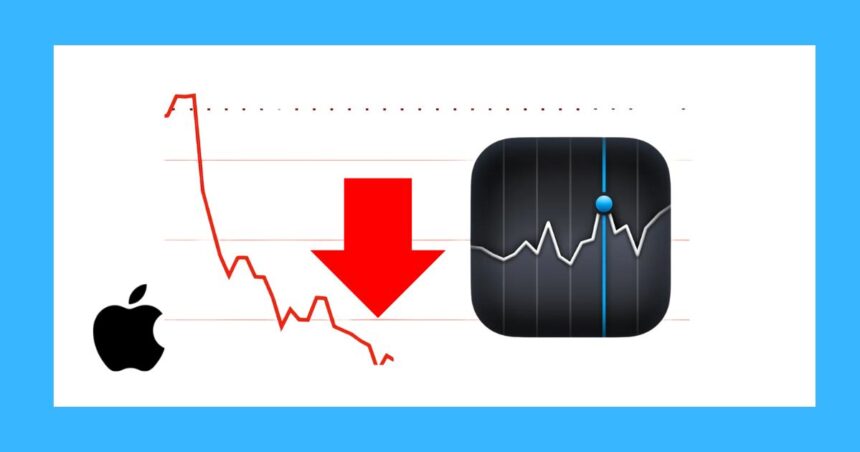Apple Inc. faces a major impact from new tariffs imposed by the White House, triggering a sharp decline in its stock value.
The newly introduced reciprocal tariffs, designed as a response to existing trade barriers, will impose a 54% total rate on goods from China, a key component of Apple’s supply chain.
However, the tariffs extend beyond China, affecting Apple’s manufacturing centers in India (27%), Vietnam (46%), Malaysia (24%), Thailand (37%), and Ireland (20%), undermining the company’s efforts to diversify its production.

Investors reacted sharply to the announcement, with Apple shares falling approximately 7.2% in premarket trading on Thursday, contributing to the stock’s 11% year-to-date decline. The tariffs highlight the vulnerability of global technology companies like Apple to disruptions in their Asian-centric supply chains.
Bloomberg Intelligence analysts predict that the tariffs will squeeze Apple’s profit margins, as the company is unlikely to pass the increased costs on to consumers. However, if Apple does raise prices, it would occur during a period of weak consumer sentiment.
The White House’s new tariffs, set to take effect on April 9th, come despite Apple’s previous efforts to mitigate trade war effects. During the Trump administration, CEO Tim Cook successfully argued for exclusions on key products like the iPhone, citing potential harm to a U.S. company and benefits to competitors like Samsung.


